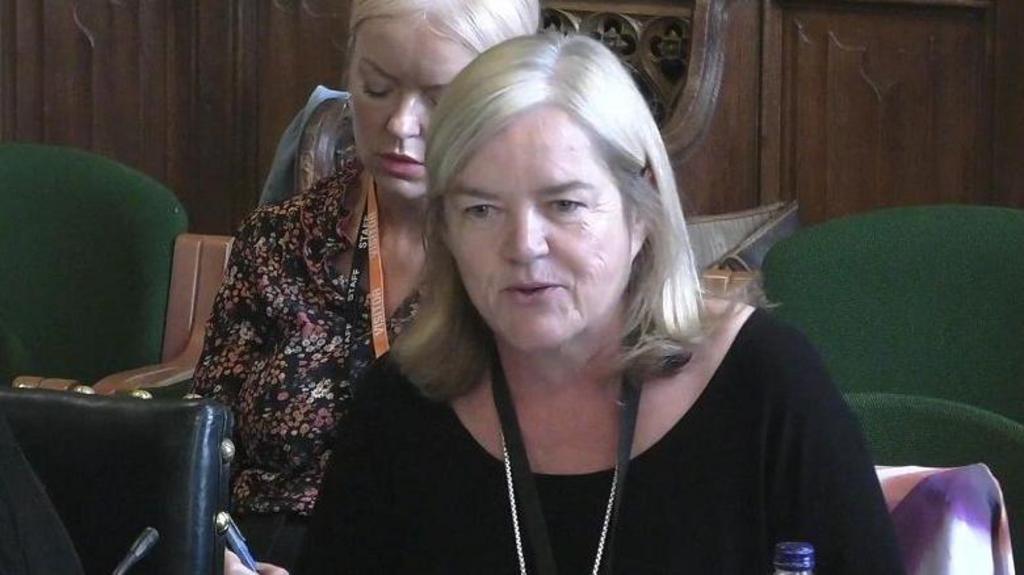Dame Louise Casey advocates utilizing the newly announced inquiry into grooming gangs as a catalyst for a “national reset” on the issue.
Her report, examining the scope of group-based child sexual abuse in England and Wales, spurred the national inquiry announced by Sir Keir Starmer.
Baroness Casey urged those providing evidence to embrace scrutiny and facilitate change.
Testifying before the Commons home affairs committee, she encouraged prompt government action, suggesting a three-year timeframe for the inquiry, with regular progress updates.
MPs questioned her report’s findings regarding authorities’ avoidance of the ethnicity of perpetrators.
She urged calm regarding ethnicity, highlighting the report’s conclusion that data on perpetrators’ ethnicity was incomplete and unreliable, stating: “If you look at the data on child sexual exploitation, suspects and offenders, it’s disproportionately Asian heritage. If you look at the data for child abuse, it is not disproportionate, and it is white men.”
She advised maintaining objectivity when interpreting data. She later cautioned politicians, stating, “if good people don’t grasp difficult issues, there are plenty of bad people out there who will grab them for you.”
Concerns about child sexual exploitation date back to 2010, following the Rotherham case involving the conviction of Asian men for sexual offenses against underage girls.
A subsequent inquiry revealed widespread abuse in Rotherham, estimating 1,400 children were exploited (1997-2013), primarily by men of Pakistani heritage.
Baroness Jay’s 2022 report warned of “endemic” abuse, yet its recommendations remain largely unimplemented.
Baroness Casey commended Baroness Jay’s work and emphasized the need for political action. She suggested a six-month accountability period for implementing her 12 recommendations, deeming them achievable and not unrealistic.
She advocated for increased prosecutions and investigations into child sexual exploitation. Her message to hesitant local officials: “think carefully about not being open to scrutiny and to change.”
She concluded, “Let’s be open, let’s use this as a moment to draw a line and to have a national reset.”
Home Secretary Yvette Cooper affirmed the government’s commitment to implementing all 12 recommendations.
Baroness Casey expressed disappointment over the report’s politicization, suggesting cross-party collaboration would have been beneficial.
Conservative leader Kemi Badenoch criticized Sir Keir Starmer for allegedly politicizing the issue, previously accusing those advocating for a national inquiry of pandering to the far right.
Badenoch stressed the need to depoliticize the issue, questioning Starmer’s earlier remarks. She affirmed her commitment to addressing the issue, while also noting her role as a politician.
Responding to questions about a potential Tory apology to survivors, Badenoch stated that apologies had been offered but emphasized the importance of focusing on current action.
Badenoch supports Baroness Casey’s proposed three-year inquiry timeframe, having previously called for a two-year timeline.
For survivors, tangible changes are paramount, notes social affairs editor Alison Holt.
Key recommendations include a national inquiry and stricter age of consent laws.
No 10 confirmed Baroness Casey’s rapid review will conclude this month.
Stephen Lawrence’s brother critiques inadequate London policing.
Baroness Casey’s work echoes an annual initiative started by Labour MP Jess Phillips in 2015.

